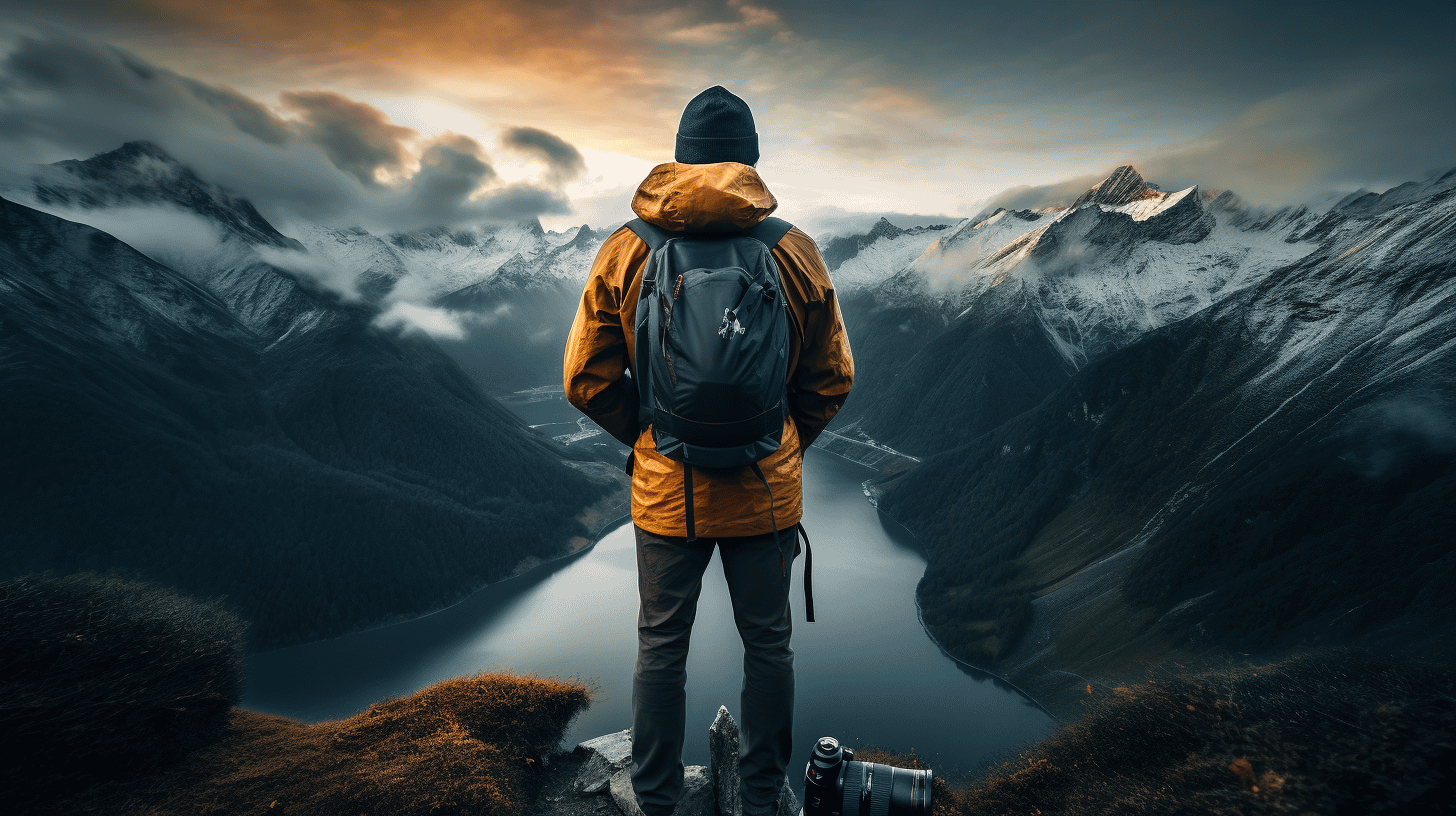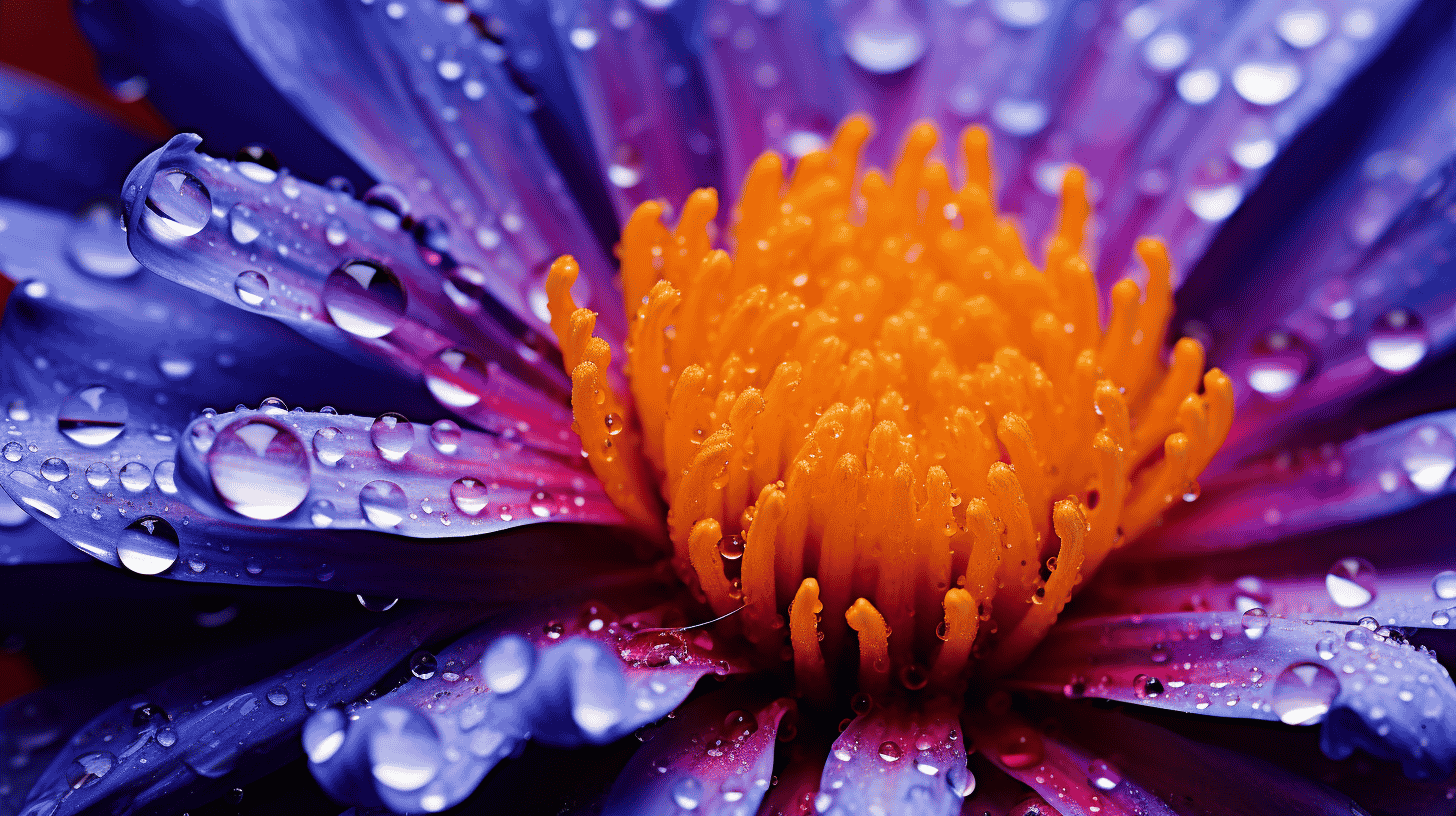The journey of becoming a skilled photographer starts with a basic, yet versatile piece of equipment: the DSLR camera. Perfectly designed for those who are just dipping their toes in the world of photography, a good-quality DSLR camera is an essential tool that not only helps you grasp the fundamentals and hone your skills but also allows room for growth as your photography style evolves. In this article, we will unveil the top DSLR cameras for beginners and discuss their features in detail. Say goodbye to overwhelming technicalities and prepare to master your craft with confidence.
Table of Contents
- Understanding DSLR Cameras
- Choosing the Right DSLR Camera for Beginners
- Top DSLR Cameras for Beginners
- Additional Accessories and Resources
- Final Thoughts
Understanding DSLR Cameras
First things first – let’s dive into what exactly a DSLR camera is. DSLR stands for Digital Single-Lens Reflex, which refers to a digital camera that combines the optics and mechanisms of a single-lens reflex camera with a digital imaging sensor. This unique combination allows you to capture high-quality images and provides versatility when it comes to lens selection. Here are some key features that distinguish DSLR cameras from other types of cameras:
- Interchangeable Lenses: A DSLR allows you to change lenses to suit your photography needs, whether you want to capture stunning landscapes or sharp close-ups.
- Manual Controls: With a DSLR, you have full control over the camera’s settings, allowing you to customize aspects such as shutter speed, aperture, and ISO.
- Optical Viewfinder: Unlike mirrorless cameras, DSLRs have an optical viewfinder, providing a through-the-lens view of your subject.
- Image Quality: Thanks to their larger sensors, DSLRs can capture high-quality images with less noise, a broader dynamic range, and more accurate colors.
Choosing the Right DSLR Camera for Beginners
As an aspiring photographer, it’s crucial to choose a DSLR camera that complements your style and skill level. Here are some factors to keep in mind when searching for the perfect beginner DSLR camera:
- Price: Determine your budget and look for cameras that offer the best performance and features within that price range.
- Size and Weight: Since you’ll be carrying your camera around, consider its size and weight. A more compact and lightweight DSLR is ideal for beginners.
- Feature Set: Take note of the features you think are necessary for your photography goals and look for a camera that includes those options.
- Compatibility with Accessories: Look for a camera that is compatible with a wide range of lenses, flashes, and other necessary accessories.
- Reviews and Recommendations: Read reviews and ask for recommendations from fellow photographersor photography communities to learn from their experiences and narrow down your options.
Top DSLR Cameras for Beginners
Now that you know what to look for in a beginner DSLR camera, let’s dive into the top choices currently available on the market.
| Camera Model | Key Features |
|---|---|
| Nikon D3500 |
|
| Canon EOS Rebel T7 / 2000D |
|
| Pentax K-70 |
|
| Canon EOS Rebel SL3 / 250D |
|
| Nikon D5600 |
|
Additional Accessories and Resources
Once you have chosen the perfect DSLR camera, consider investing in additional accessories that could elevate your photography skills even further:
- Lenses: Invest in different types of lenses, such as prime lenses, telephoto lenses, and wide-angle lenses, to experiment with various shooting styles and techniques.
- Filters: Filters can help you enhance colors, reduce glare, and create unique effects in your images.
- Tripods and Stabilizers: For steady shots and long exposures, having a reliable tripod or stabilizer is essential.
- External Flash: An external flash can significantly improve the quality of your photos in low-light situations and add creative lighting effects.
- Camera Bag: Protect your equipment and keep everything organized with a durable, padded camera bag.
Additionally, seek out educational resources to learn and enhance your photography skills:
- Online Tutorials: There are countless free and paid online tutorials available that cover various photography techniques and editing software.
- Photography Books: Books can provide in-depth knowledge about specific aspects of photography, such as lighting, composition, or post-processing.
- Photography Workshops and Classes: Attending workshops and classes can help you network with fellow photographers, receive hands-on guidance, and gain valuable feedback on your work.
Final Thoughts
Purchasing the right DSLR camera is a crucial step in your journey as a photographer. With the right camera, accessories, and resources in hand, you can continuously learn, experiment, and grow your skills. The top DSLR cameras for beginners listed in this article are great starting points, but ultimately, you should choose the camera that feels right to you and meets your specific needs. Happy shooting!
Frequently Asked Questions
- What is the difference between a DSLR and a mirrorless camera?
DSLR cameras have an optical viewfinder, reflex mirror, and a separate autofocus module, while mirrorless cameras do not have a reflex mirror and use an electronic viewfinder. Both types of cameras offer interchangeable lenses, but they differ in size, weight, and autofocus performance. - Can I use a DSLR camera for video recording?
Yes, most DSLR cameras offer the ability to record high-quality video. Make sure to check the specifications of the camera you are interested in for video capabilities, such as resolution and frame rates. - How often should I upgrade my DSLR camera?
There is no specific timeline to upgrade your DSLR camera, as it depends on your goals and needs as a photographer. If you find that your current camera’s features are limiting your growth or creativity, it may be time to consider upgrading. - Is a DSLR camera worth it for a beginner photographer?
Yes, a DSLR camera is a great investment for a beginner photographer because of its versatility, image quality, and manual control options. A beginner DSLR camera can help you learn the fundamentals of photography and will allow room for growth as your photography style evolves. - Can I use lenses from other brands with my DSLR camera?
Although some third-party lenses are compatible with specific DSLR camera brands, it is essential to check compatibility before making a purchase. Keep in mind that using lenses from the same brand as your camera often provides better autofocus performance and compatibility with camera features.




0 Comments